It is widely acknowledged that it is important to have a clearly defined purpose in life. However, it is not always easy to clearly define what your purpose is.
The first and most basic point to understand is exactly what is meant by purpose. You may have heard it referred to as your ‘why’ – which is great, but it poses the same question. What is your why? Essentially, it’s your reason for doing something or creating something.
Your ‘why’ is what gives you a sense of determination. It’s what gets you motivated, and also what keeps you motivated. Your purpose, the reason why you do something, is what makes you outcome driven.
Uncovering your purpose means you are able to take action, and you are able to take action because when you know what your purpose is, you understand the meaning behind everything you do.
As Leider states, ‘It is the choice to bring who we are – our gifts and energies – to whatever we are doing. Purpose is a cradle-to-grave, 24/7, moment-to-moment choice in our daily lives.’ [1]
Purpose breaks down into two loose segments, your life purpose and your professional purpose. These don’t have to align. For some people there may be a clear separation, but for me, my life purpose and my professional purpose are in harmony. Work and life are the same.
I am so blessed to have Lucy, my partner, who supports me wholeheartedly in fulfilling and living out my purpose. For me, having the support of my family, and the support of positive relationships, allows me to live my purpose, which is what creates the harmony between my professional purpose and my life purpose, because I have complete respect for what Lucy and our children need.
For an entrepreneur, creating this balance can be very hard to achieve. Many entrepreneurs have relationship break-ups, as I did in my early career. This was for one simple reason. I didn’t have a life purpose – I only had a professional purpose. It was just after Lucy and I got together that I discovered my true purpose in life, everything changed, because my life purpose and my professional purpose were aligned.
Before that point I was just seeking out validation, in an attempt to overcome my childhood trauma. The reason why I kept failing is because all I cared about was being successful.
What I didn’t understand was that success is the greatest failure known to humanity, because we don’t understand the repercussions of success. In the words of Jim Carrey, ‘I think everybody should get rich and famous and do everything they ever dreamed of so they can see that it’s not the answer.’
This is why understanding your purpose matters. It is the answer. There may be times in your life when you lose your way, but when you are lost and you have purpose, you can always find your direction again. This is because you know what has meaning to your heart.
When I went through an incredible amount of situational and clinical depression, I gained the first glimmers of insight into my purpose. I uncovered a really deep purpose for living, and that was what drove me out of the darkness. The resilience button kicked in, and set me on the road to recovery.
Why does purpose make a difference to depression? Schaefer et al., hypothesised that ‘one mechanism through which high purpose in life may protect against depression and the wear and tear of life stress is by providing a buffer from negative events, promoting reappraisal and motivated coping processes, decreasing brooding and ruminative thinking styles, supporting faster and better recovery, and thus increasing resiliency.’ [2]
When you have purpose, you will always have a healthier outlook on work and life. Understanding your purpose allows you to make yourself vulnerable, and to put your values out into the world.
Although you’ll still make mistakes along the way, obstacles appear smaller, problems become opportunities, and your mental health becomes stronger.
1. Leider, R. (2015). The power of purpose. [Oakland]: Berrett-Koehler Publishers.
2. Schaefer, S., Morozink Boylan, J., van Reekum, C., Lapate, R., Norris, C., Ryff, C. and Davidson, R. (2013). Purpose in Life Predicts Better Emotional Recovery from Negative Stimuli. PLoS ONE, 8(11), p.e80329.

